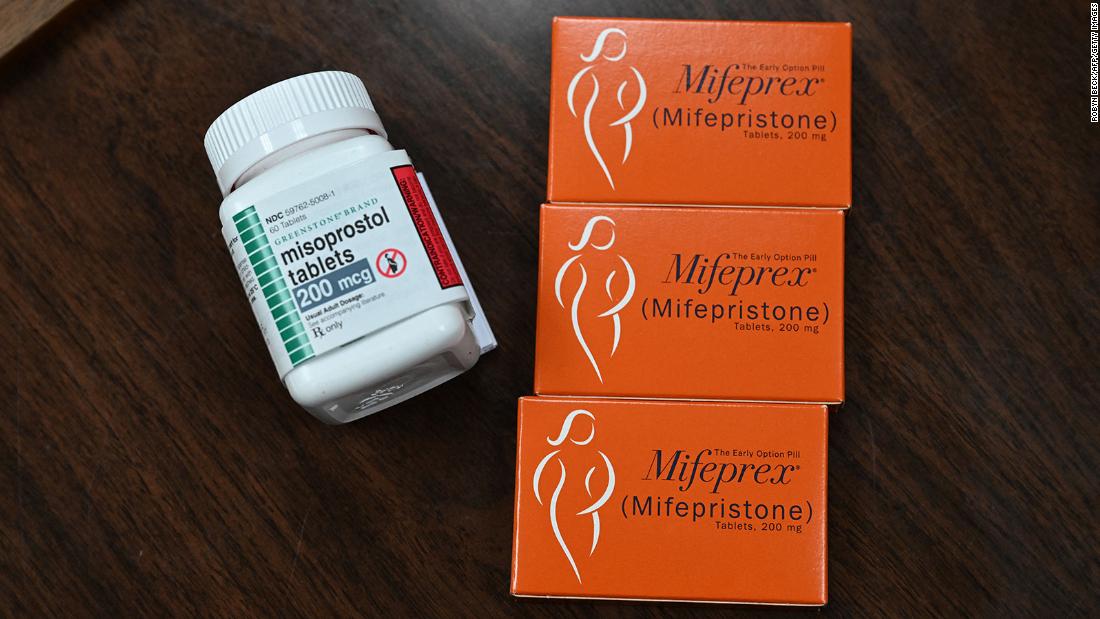DONALD Trump’s tariff war with the world caused another day of huge hits for stock markets — as he joked with a baseball team.
More than $8.5trillion (£6.6trillion) has now been wiped off international stock markets since Mr Trump unleashed his so-called “Liberation Day”.
AFPTrump’s tariff war with the world caused another day of huge hits for stock markets — as he joked with a baseball team[/caption]
AFPMore than $8.5trillion (£6.6trillion) has now been wiped off international stock markets since Trump unleashed his so-called ‘Liberation Day’[/caption]
The unfazed US President threatened to slap another 50 per cent of tariffs on China after Beijing fired back with their own 34 per cent retaliatory levies.
The move — on top of the eyewatering 54 per cent import taxes sprung on China last week — could plunge trade between the rival super- powers into the deep freeze, sparking a major global recession.
Friends begged the President to delay “economic nuclear war” after stocks were pounded for a third day, but he dismissed the turbulence as “medicine.”
Some 13.5 per cent was wiped off some markets — making the self-inflicted economic hit half as bad as the infamous 1987 Black Monday crash.
The market turmoil was ranked worse than the advent of World War Two, 9/11 and the start of the Covid 19 pandemic.
Hopes Mr Trump could inject a 90-day delay to global tariffs briefly saw markets rally in the afternoon, only for gains to evaporate as the White House dismissed the online rumours as “fake news.”
After markets nosedived and he took a swing at China, he was pictured with World Series winners the LA Dodgers, who gathered at the White House to meet him after claiming the 2024 title.
The President then held a press conference hailing the players as ”the best-looking people I’ve ever seen”.
But Mr Trump made no mention of the unfolding economic crisis.
Benjamin Netanyahu also met Mr Trump yesterday, becoming the first foreign leader to visit since he unleashed the tariffs.
The Israeli PM was greeted outside the White House with a firm handshake as he arrived for talks.
At a joint press conference, Mr Trump confirmed he would not be pausing tariffs, saying: “We’re not looking at that.”
Last night, Sir Keir Starmer called for “cool heads” while the European Union made an unprecedented offer to reduce all their tariffs for US goods to zero if they are spared 20 per cent import taxes announced last week.
Speaking before markets opened late on Sunday, Mr Trump insisted: “I don’t want anything to go down, but sometimes you have to take medicine to fix something.”
He added that nations must come to him for a deal to spare the tariff pain, gloating: “They are coming to the table.
ReutersBenjamin Netanyahu met Mr Trump, becoming the first foreign leader to visit since he unleashed the tariffs[/caption]
“They want to talk but there’s no talk unless they pay us a lot of money on a yearly basis.”
By yesterday morning, the sell-off gathered pace in Asia where markets played catch-up on the jitters after some were closed on Friday due to national holidays.
In Hong Kong, the Hang Seng index dived by 13.7 per cent – the fourth biggest slump in its history.
Asian stocks have been pummelled because those countries have the most to lose from harsh tariffs on China, Thailand, Taiwan and South Korea.
AJ Bell investment director Russ Mould said: “This market sell-off feels brutal because it is relentless. Often, we see one or two bad days then a rebound. We’re now on day three and the sell-off is intensifying, not dying down.”
Traders also reacted to growing fears of a global recession, with Wall Street bank Goldman Sachs raising the chance to a 45 per cent probability.
US financier Bill Ackman, who has been a Trump cheerleader, warned the tariffs had caused a “self-induced economic nuclear winter” for the US and urged him to consider a 90-day pause.
Economic nuclear war
The billionaire warned: “If, on the other hand . . . we launch economic nuclear war on every country in the world, business investment will grind to a halt, consumers will close their wallets and pocket books, and we will severely damage our reputation with the rest of the world that will take years and potentially decades to rehabilitate.”
But a fellow billionaire, BlackRock chief Larry Fink, played down the long-term threat of the market turmoil, calling the recent sell-offs as a “buying opportunity”.
The pain carried into Europe with Germany’s DAX index losing 4.13 per cent and France’s CAC shedding 4.78 per cent.
In London the FTSE 100 fell by 4.38 per cent. It has lost 11 per cent over three days of trading.
Tom Stevenson, investment director at Fidelity, said: “The scale of the falls either side of the weekend evoke memories of the 1987 crash.
“At the time of writing, futures markets were pricing in a third consecutive day of heavy falls for the US market. If this is what transpires, this will be one of the worst weeks in the market since Black Monday in 1987.”
Published: [#item_custom_pubDate]















































































































